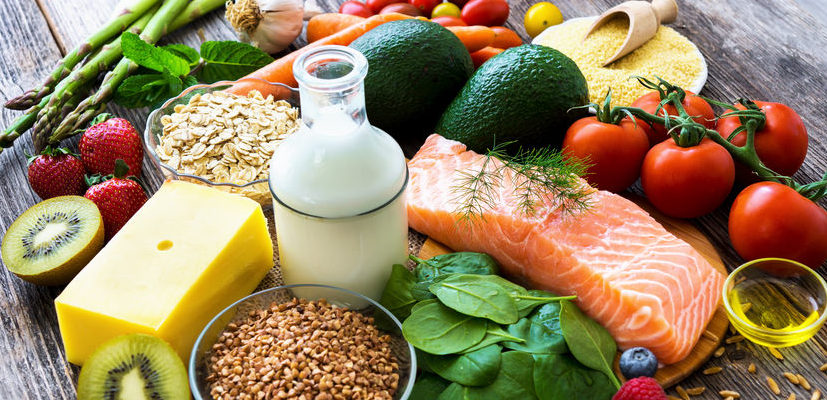
Digestion is the process of breaking down the food you eat into macronutrients the body can further process to gain energy and absorb nutrients. Integrating certain foods into a diet can help with the digestion process.
The following foods are known to aid digestion:
- Whole Grains
- Ginger (as a spice added to dishes, or as a tea)
- Kefir (fermented dairy product containing probiotics)
- Low-Fat Beans
- Leafy Greens
- Vegetables such as Broccoli, Squash, Artichokes
- Lean Protein
- Low-Fructose Fruits
- Avocado
Whole Grain food
Whole Grains promote healthy food digestion by packing a punch of fiber and providing nutrients such as omega-3 fatty acids. As the gut digests fiber, short-chain fatty acids are produced, encouraging proper function in colon cells. Leafy greens contain a specific type of sugar gut bacteria love, promoting the growth of new healthy gut bacteria. Of course, leafy greens have additional benefits with a high amount of folate, Vitamin K, Vitamin A, and Vitamin C. Lean proteins should be selected over high-fat proteins, such as red meat, to help with digestion because high-fat foods can cause contractions of the colon, and proteins with a high-fat content encourage the production of gut bacteria that promote chemicals associated with higher cases of clogged arteries.
Low Fructose fruits
Low-Fructose Fruits benefit digestion by reducing gas and bloating due to their low amounts of fruit sugar or fructose. Low-Fructose Fruits include berries, bananas, and fruits from the citrus family. Fruits with a high amount of fructose include fruits such as apples, mangos, and pears. Last but not least of the five foods that help digestion, avocados are packed with fiber and potassium, which help promote healthy digestive function.
High Fiber
Some common threads weaved through the digestion-supporting foods referenced above include high fiber and nutrients or compounds that promote a healthy gut environment, such as potassium and good gut-bacteria promoting fatty acids. To be claimed as a “high-fiber” food, there must be at least 6 grams of fiber per 100 grams of the product. Individuals with Irritable Bowel Syndrome often experience discomfort after eating foods with high amounts of insoluble fiber, but do well with foods high in soluble fiber.
Prebiotics and Probiotics
We could not discuss foods that help with food digestion if we didn’t mention pre- and probiotics. Prebiotics promote a healthy digestive tract by feeding the good bacteria that live in the gut, while probiotics introduce new, or more, good-for-you bacteria to the gut. Prebiotics are found in fruits and vegetables with high fiber content (not surprising, huh?), while probiotics live in yogurt and other fermented foods like sauerkraut, kimchi, and kombucha. Yogurt is the most common source of probiotics most consumers are familiar with. All-in-all, practicing a balanced diet full of whole grains, leafy greens, lean proteins, low-sugar fruits, healthy fats like avocados, and probiotic-containing foods like yogurt will keep your digestive system in tip-top shape.
For more info, check our Youtube!
References
Lee, Linda, M.D. (May 14 2020). 5 Foods to Improve Your Digestion. John Hopkins Medicine. Retrieved May 14 2020 from https://www.hopkinsmedicine.org/health/wellness-and-prevention/5-foods-to-improve-your-digestion
Mayo Clinic. (May 21 2019). Prebiotics, Probiotics, and Your Health. Retrieved May 14 2020 from https://www.mayoclinic.org/prebiotics-probiotics-and-your-health/art-20390058

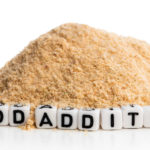

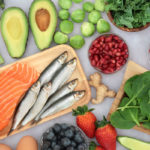
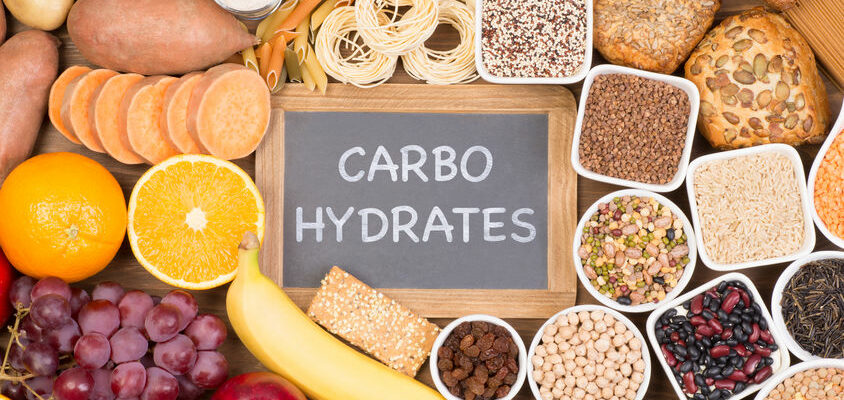

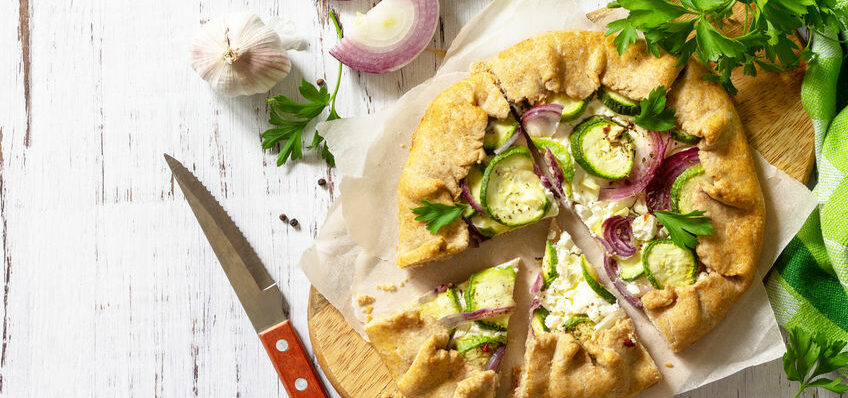
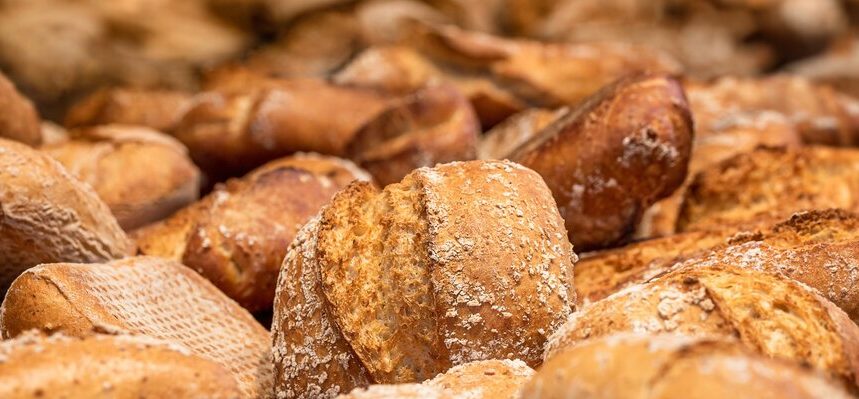
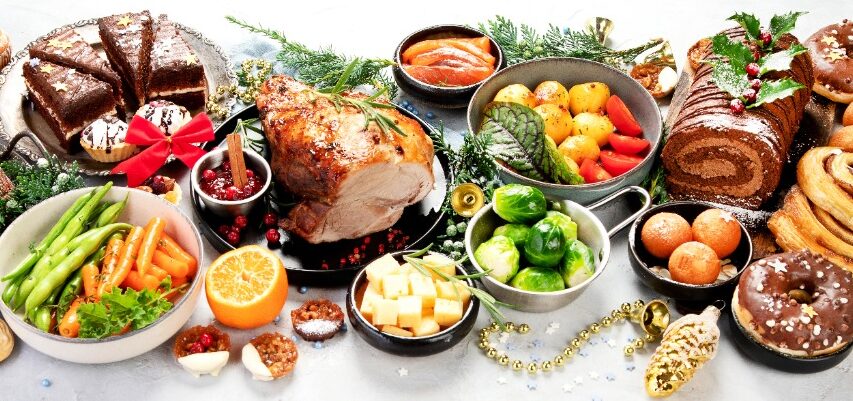
[…] greens have a reputation for being healthy, as well as aiding digestion. Vegetables such as lettuce, spinach, and Swiss chard are popular ingredients in salads, while […]